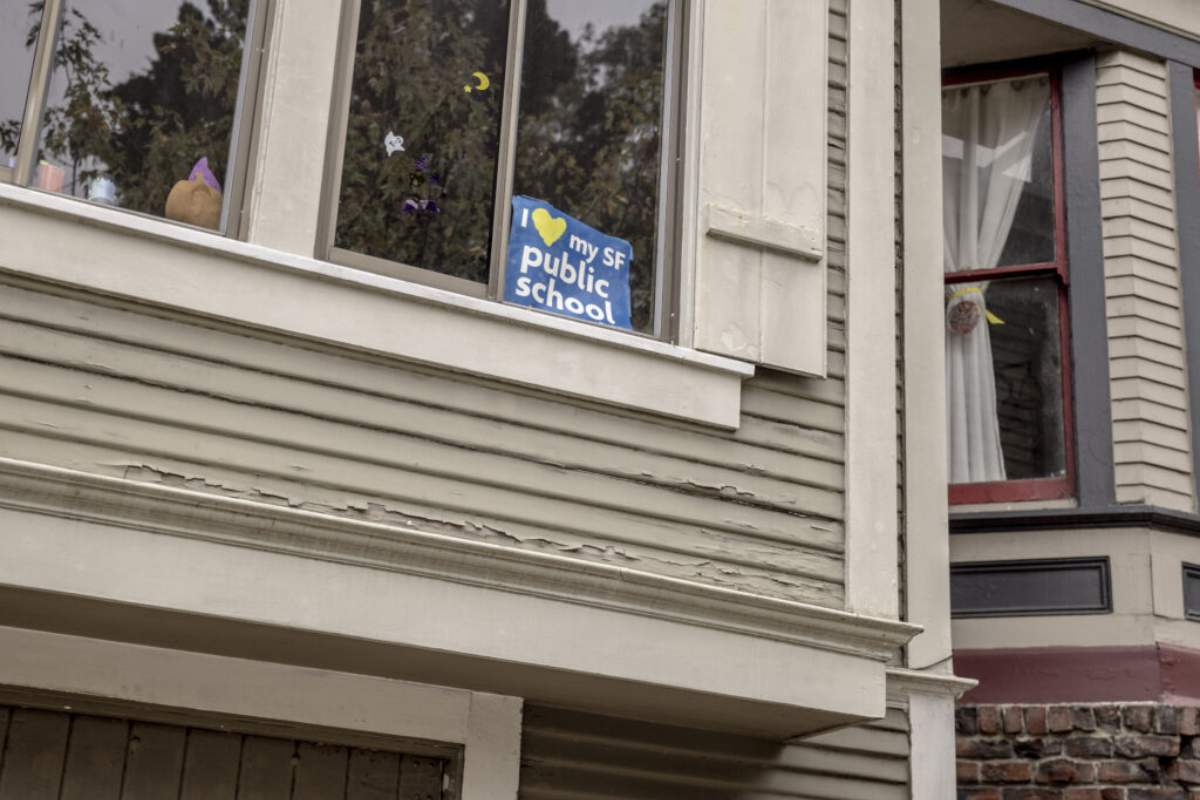The Supreme Court of India upheld the Rajasthan High Court’s decision, declaring that B.Ed. graduates would not be qualified for positions as elementary school teachers.
The problem dates back to 2018, when the National Council for Teacher Education (NCTE) announced that B.Ed. graduates would be qualified to apply for teaching positions in primary schools (Classes 1–5) in addition to the secondary and senior secondary education that already fell within their purview.
Despite this announcement, the B.Ed. graduates were not included in the list of qualified applicants when the Rajasthan government published an advertisement for the Rajasthan Teachers Eligibility Test (RTET). But because of a backlash from the B.Ed. grads, the ruling was ultimately appealed to the Rajasthan High Court.
Meanwhile, candidates for the D.El. Ed (Diploma in Elementary Education) criticised NCTE’s decision to accept B.Ed. graduates in the single exam that gave them a chance to land a government position.
Avinash is an elementary education graduate who lives in Karauli, Rajasthan. Speaking to NewsClick about 2018, he stated, “I still recall when there was an attempt to grant more privilege to the B.Ed applicants, when we used to feel absolutely forgotten by the federal government. Days of protesting in the open in front of the Sachivalay were spent. Avinash continued by saying that although the Rajasthan High Court’s decision had provided him with some solace, he had his doubts when the case was eventually presented before the Supreme Court.
In 2018, the Rajasthan High Court invalidated an NCTE notice that barred B.Ed. graduates from applying for positions teaching in primary schools.
The case was taken to the Supreme Court, where Adv. PS Patwalia and Adv. Meenakshi Arora represented the B.Ed. graduates, and Adv. Kapil Sibal and Adv. Manish Singhvi represented the diploma holders. The former maintained that the NCTE’s judgement was a policy decision and that it had been made in accordance with instructions from the central government, making the High Court’s interference with a policy decision improper. The latter claimed that because the NCTE was a professional organisation, it was required to make choices based on facts rather than just following the Center’s instructions.
NewsClick also made contact with a second Jaipur-based diploma holder. The oldest of his family’s siblings is Pushpendra. He is the only one left in the family to manage the household after his father. The 26-year-old passed the RTET exam in 2021, but his prospects for employment were dim because B.Ed grads would also be fighting for the same positions.
In its ruling, the Supreme Court traced the development of children’s rights to free and public education in India and referred to it as a component of the social vision of the Constitution’s founders. The Court further stated that free and mandatory education was useless without being meaningful. The top court highlighted that elementary education ought to be of high quality and not just a formality or ritual.
The Court said that in order for elementary schools to deliver a purposeful and high-quality education, a specific set of norms and standards must be adhered to, underscoring the goals of both Article 21A of the Constitution and the RTE Act.
The Court also referred to a notification issued by the NCTE in 2010 outlining the credentials needed to teach at the primary and upper primary levels, however the communication did not specify that a B.Ed. was required for appointment to the position of primary school teacher. The Court further explained how a person with a diploma in elementary education was prepared to work with primary school pupils because the course in question was developed especially for that purpose. The B.Ed programme, on the other hand, is intended for secondary and senior secondary pupils. So, allowing B.Ed. graduates to apply for positions in primary education would entail sacrificing the education of those pupils.
Pushpendra was pleased with the verdict. They already have alternative jobs to apply for, he said. Our prospects would have lessened if they had applied here. Thank goodness the Supreme Court saved us. I am eager to begin teaching. I think my chances of finding a job are now largely certain. There are over 60,000 open positions, and there were roughly 14 lakh applicants overall, including B.Ed candidates. It would now decrease to 4-5 lakhs. It is only reasonable that those of us with diplomas compete with one another. This is just.
Following the favourable verdict, the Diploma holders are currently waiting for employment.
Also Read: Government Is Making Every Effort To Keep IIT Graduates, Says The Ministry Of Education










